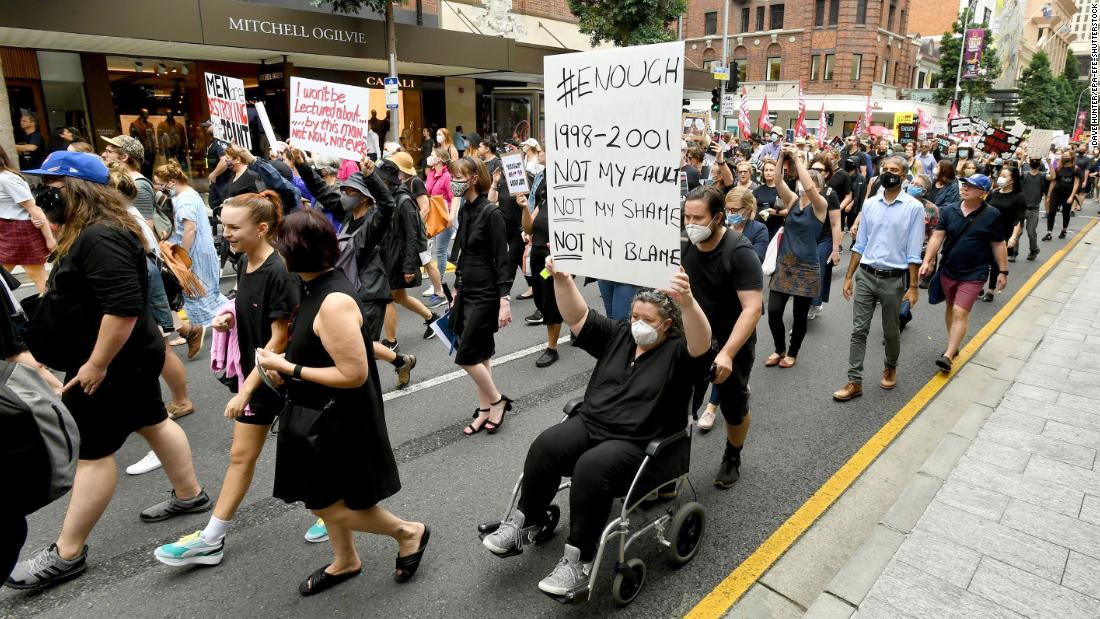
On Thursday, Morrison said at a press conference that the government plans to amend the Sex Discrimination Act as part of measures designed to address sexual harassment and discrimination in the workplace. He said he hoped to pass the new laws by the end of June.
Morrison said sexual harassment was “immoral and despicable and even criminal,” and “denies Australians, especially women, not only their personal safety but also their economic security by not being safe at work.”
Zali Steggall, an independent federal politician and attorney, said the proposed legislative changes were a positive step, but she called on the government to implement the changes quickly.
“The longer the delay, the longer the behavior goes undetected, and this is not retroactive legislation, so it should be passed as soon as possible,” she said.
How the loopholes were made
Australia’s Sex Discrimination Act was passed in 1984.
Gaze told CNN that politicians and judges are not covered by the Sex Discrimination Act because they do not fall within the areas of work where the law prohibits discrimination – thus outside the protections of the law.
Politician executives are covered by separate labor laws, Gaze said, which offers no protection against gender discrimination.
Legal experts said the loopholes were likely the result of outdated and poorly worded legislation, and not an attempt to deliberately protect Australian politicians from allegations of sexual harassment.
The original law “reflected the time it was created,” said Australian Legal Council president Dr. Jacoba Brasch, in a statement. “Australian culture and attitudes have moved on and the SDA needs to be updated to reflect today’s public expectations,” she said.
Steggall said the loopholes were first identified during a 2008 Australian Senate investigation, but it took more than a decade to resolve, blaming “all sides of politics” for failure to act.
What’s in the changes?
Morrison said on Thursday that he would adopt all 55 of the commissioner’s recommendations, including a blanket ban on sex discrimination in the workplace and a national survey every four years to monitor progress.
The government’s proposed changes to the Sex Discrimination Act would also make it clearer to employers and employees what gender discrimination is, and give complainants more time to file a case.
But despite Morrison’s time frame in June, Steggall said she had drafted new laws that were ready to be enacted once parliament resumes in May.
Her legislation would close loopholes in the Sex Discrimination Act and sexual harassment under any circumstances, she said. The law would also punish organizations or political parties that aid or are complicit in the crime.
Brasch said the success of any legislation introduced by the Morrison administration depends on how the new laws are formulated, to erase any “ambiguity” in the legislation and ensure that officials are “personally accountable”. for sexual harassment.
“(This is) the key to ensuring that (the problem) is properly addressed, and that problematic behavior does not fall into regulatory gaps,” she said.
